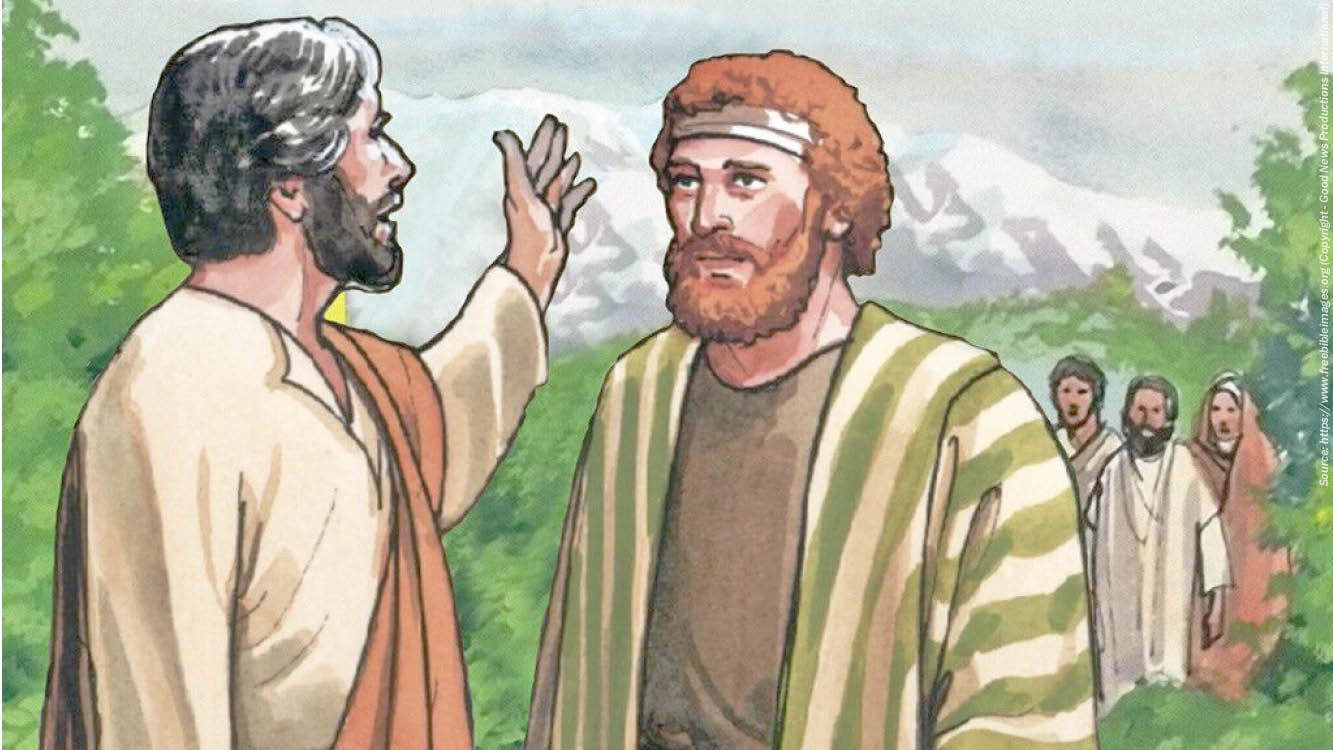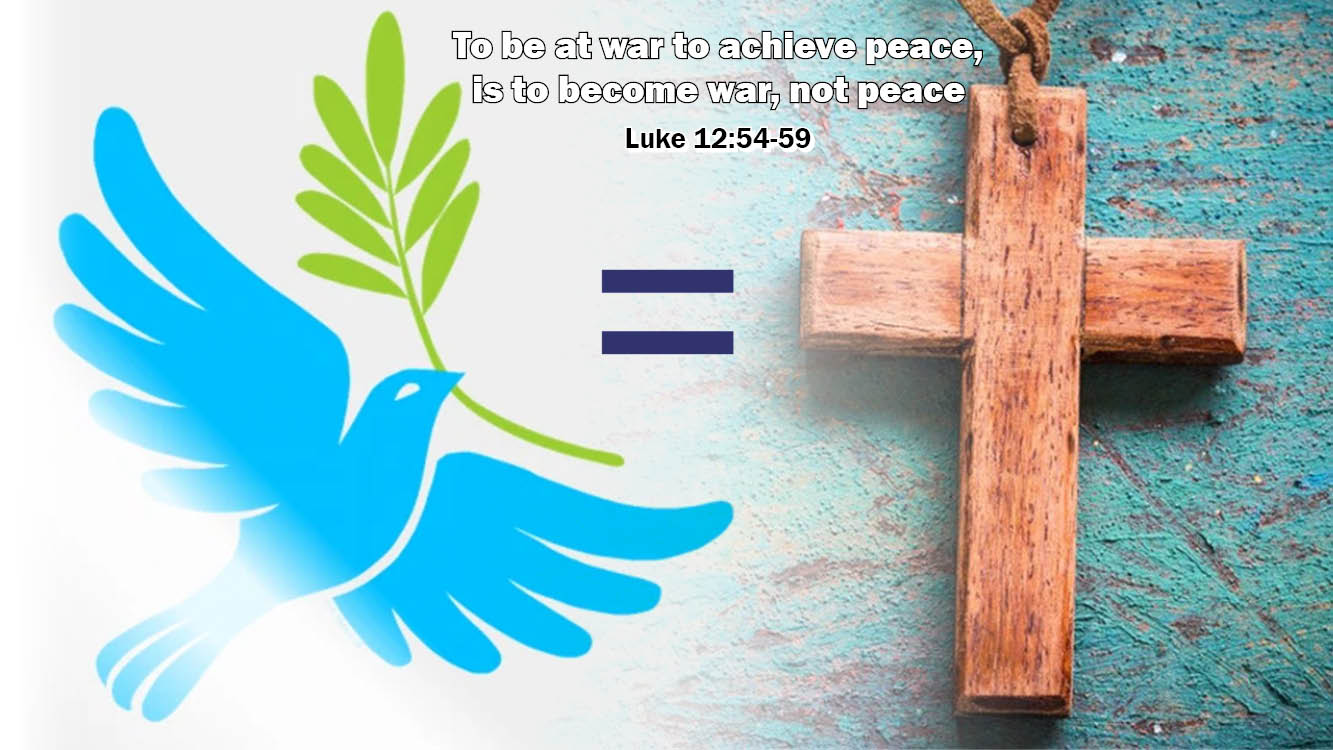Reflection on the Gospel of the TuesdayIn The Second Week Of Easter |
John 3:7b-15 |
Chapter 3 in John’s Gospel, has Jesus educating Nicodemus about being Born Again to be able to see and participate in God’s Kingdom.
What then is being Born Again? Let us look at Paul to understand this a little. Paul was a fine example of what a Pharisee was and he lived in everyway like a Pharisee. Taught by Gamaliel a renowned teacher, Paul understood the Hebrew religion in every way. We could say he was a theologian of the Hebrew religion. Accordingly he found everything that Jesus presented about God and His Kingdom, repugnant and it did not make sense to him, especially when he looked at the death of Jesus. His religion taught him that anyone who hung on a tree was a curse and how could the execution of Jesus be treated as a sacrifice? Jesus’ followers were foolish and were spreading falsehood all around them about some vague resurrection of this Jesus and misleading everyone. And because of this he stood up and took upon himself to rid everyone of this Jesus-cult.
But then he had a terrific experience on one of his journeys to persecute those of this Jesus-cult. He fell from his high horse, he came face to face with Jesus, risen and glorified. Jesus asked him (Acts 9:4-5);
He fell to the ground and heard a voice saying to him,
“Saul, Saul, why do you persecute me?”
He asked, “Who are you, Lord?”
The reply came, “I am Jesus, whom you are persecuting.”
These are the crux and the only words Jesus addresses to Saul and nothing else. But these words crashed Paul’s world, around him. His theology and understanding turned upside down. And he realised the importance of the Jesus-cults celebration of the Eucharistic Meal, and its significance as the Covenant. By virtue of this Covenant, God had made another covenant with Humanity, whose Priest and Sacrifice was Jesus and also the Bridegroom, and his followers the Church, His Bride. Within this understanding, the words of Jesus, ‘“I am Jesus, whom you are persecuting,” make sense. Because of this Paul had to relearn everything. He even isolated himself to fully and rightly understand this New understanding/faith, and how he should live it day in and day out.
This is like the story of the caterpillar, who through time is transformed in body and beauty. When he is the butterfly, he has left his old life behind, no more is he foraging and eating leaves, but is living on the nectar in flowers. He is transformed, new, no association to the past. This is the grace of baptism, it is a call to be transformed by bringing ourselves before God day in and day out, reflecting on his Word like Paul, growing into a relationship with Him, and becoming the apple of His eye – His Children, and He our Father.




